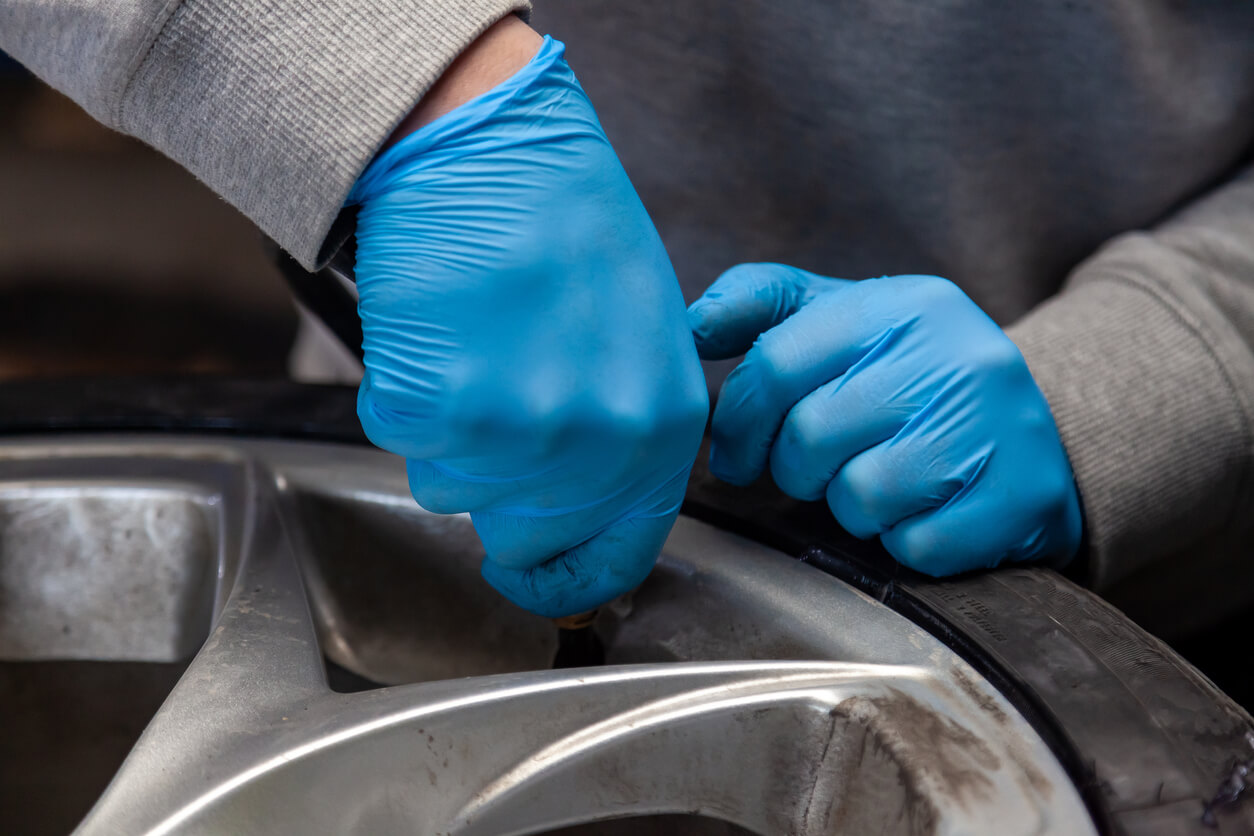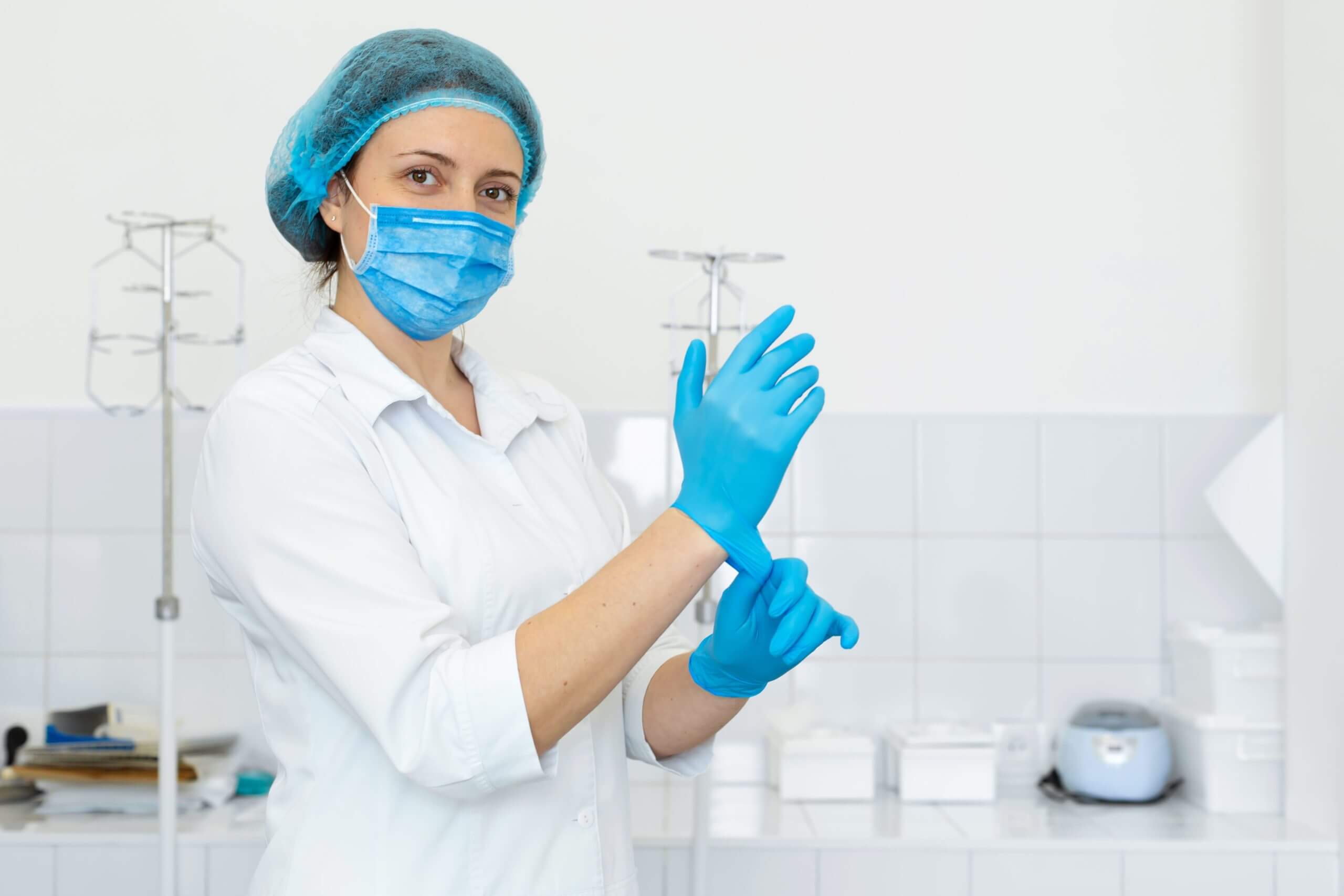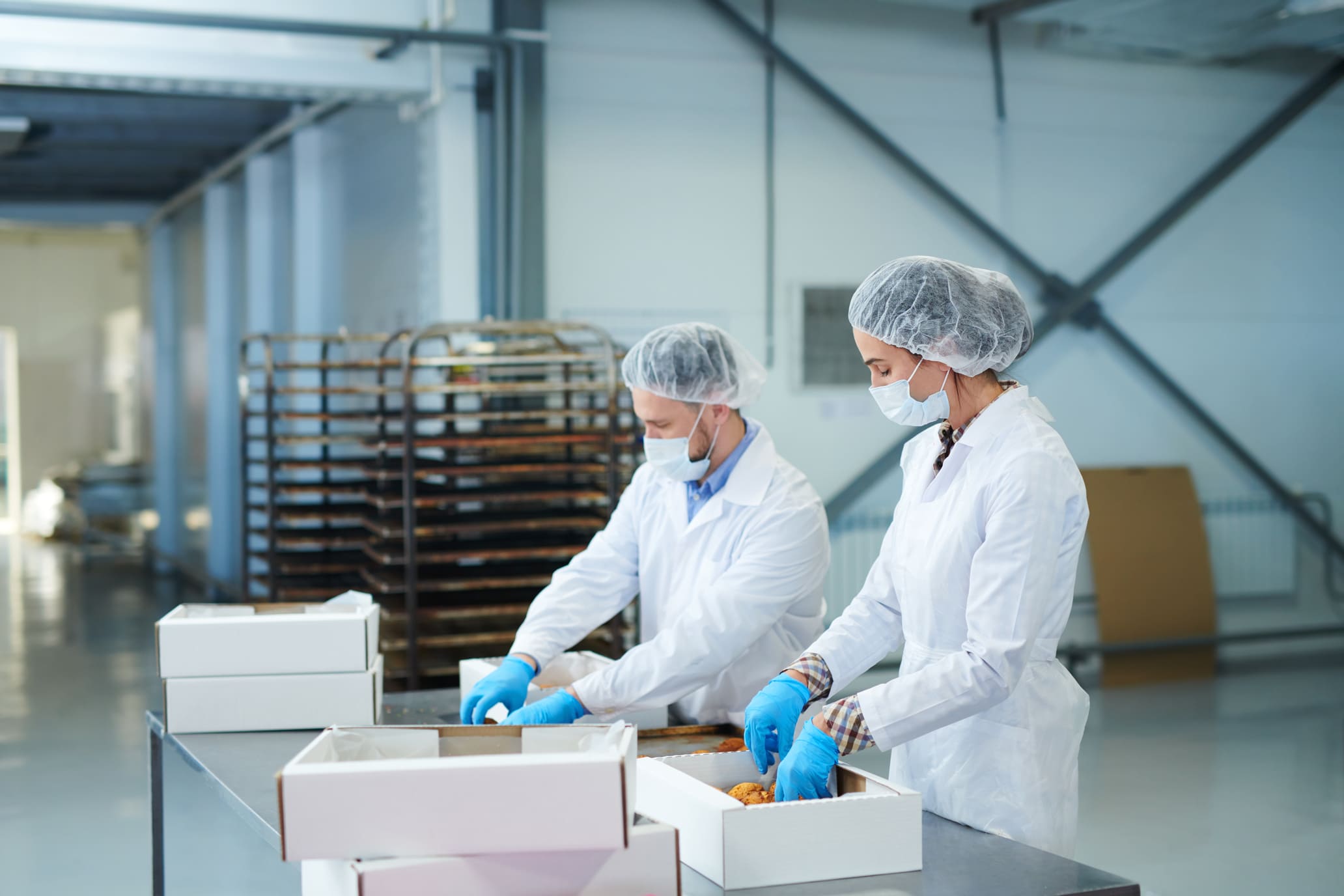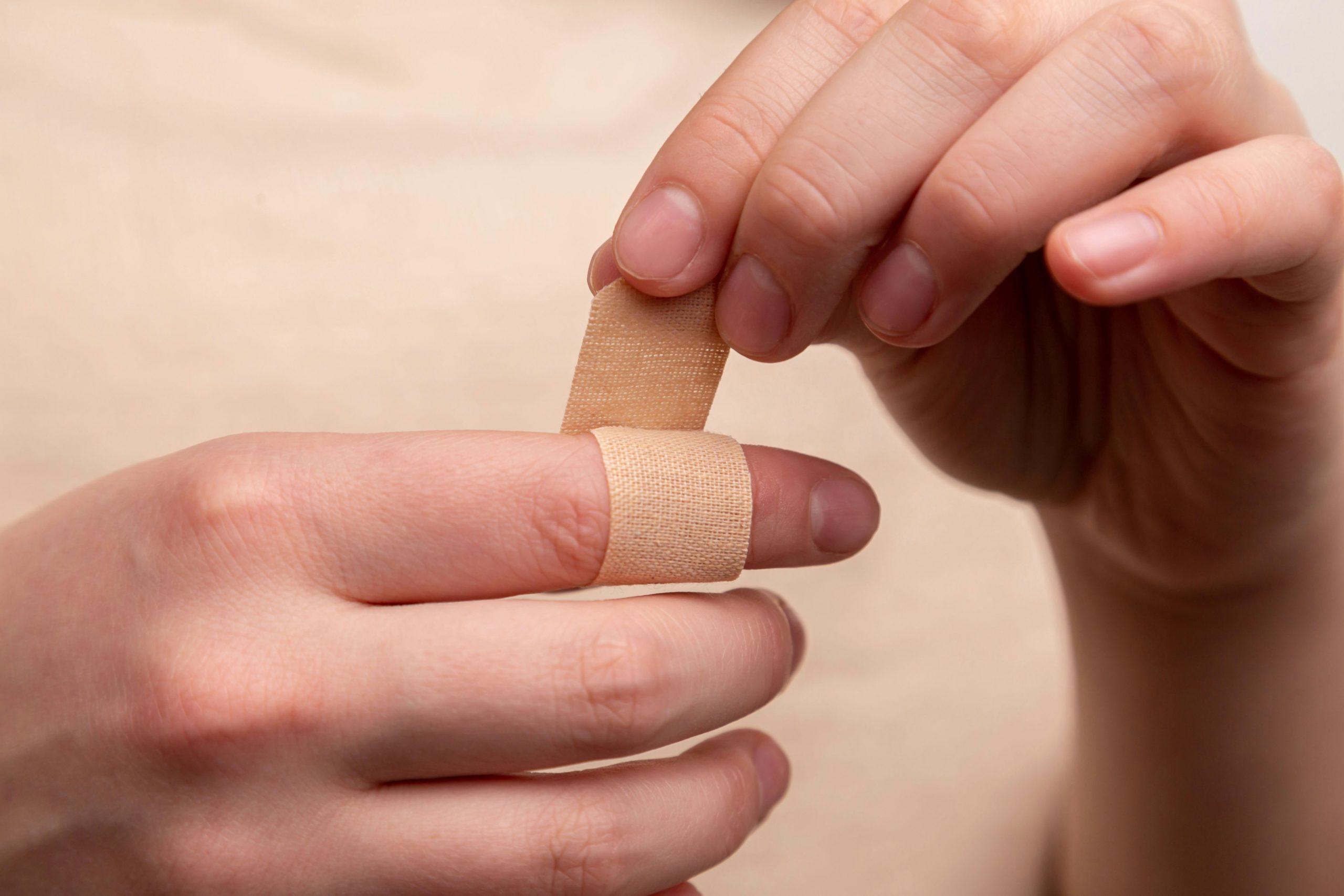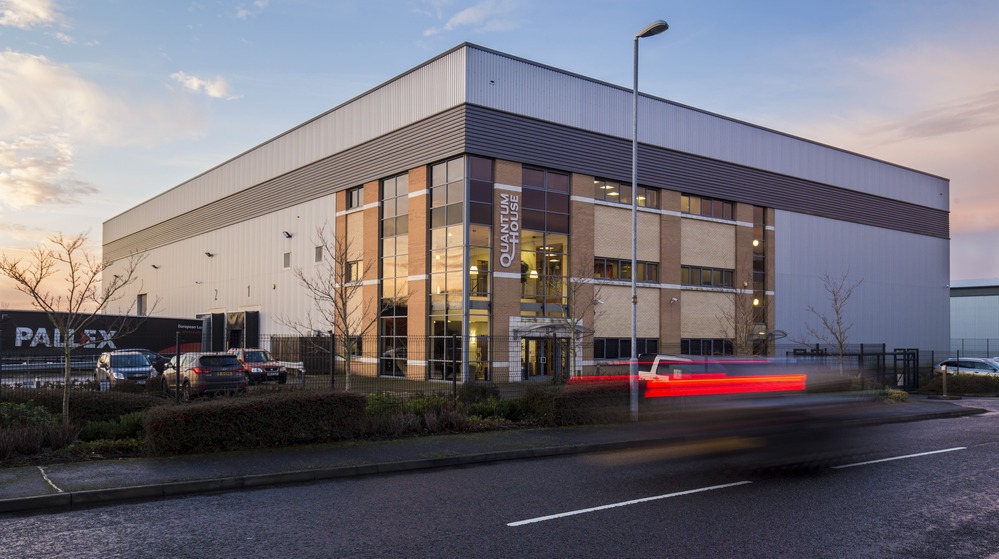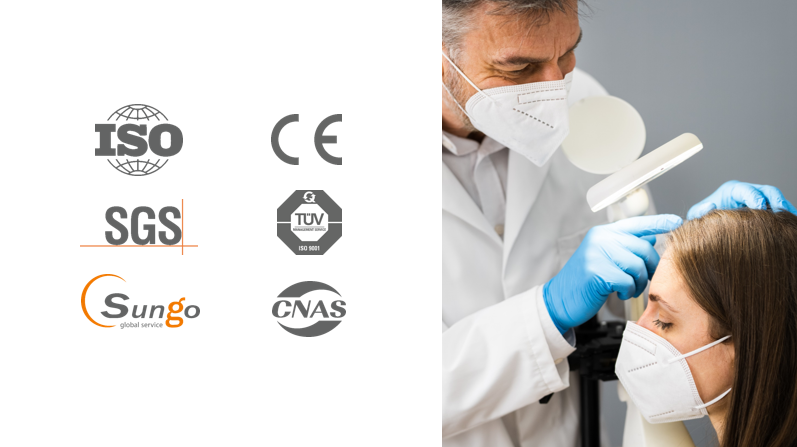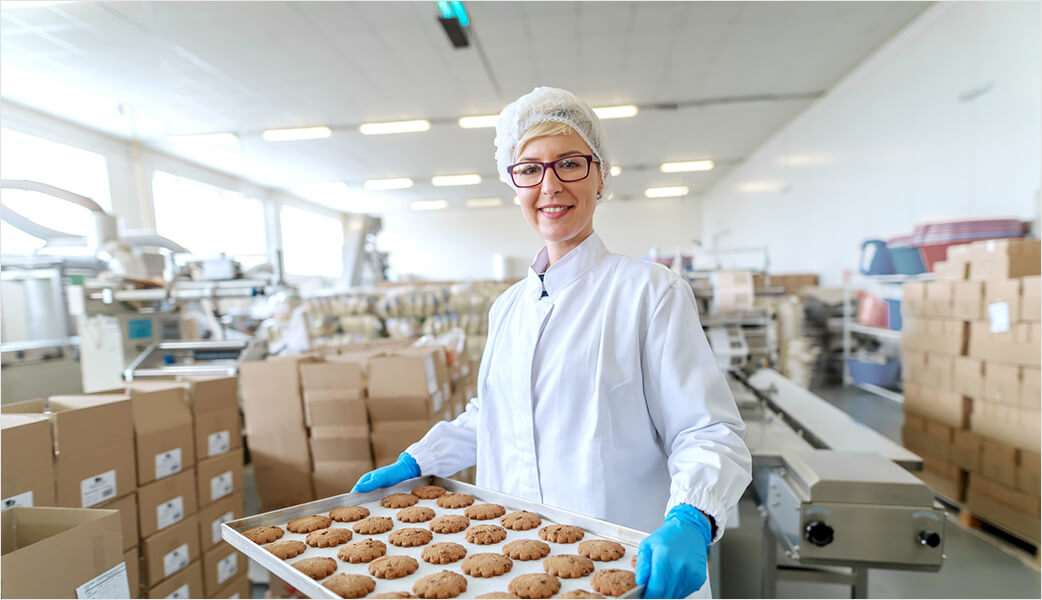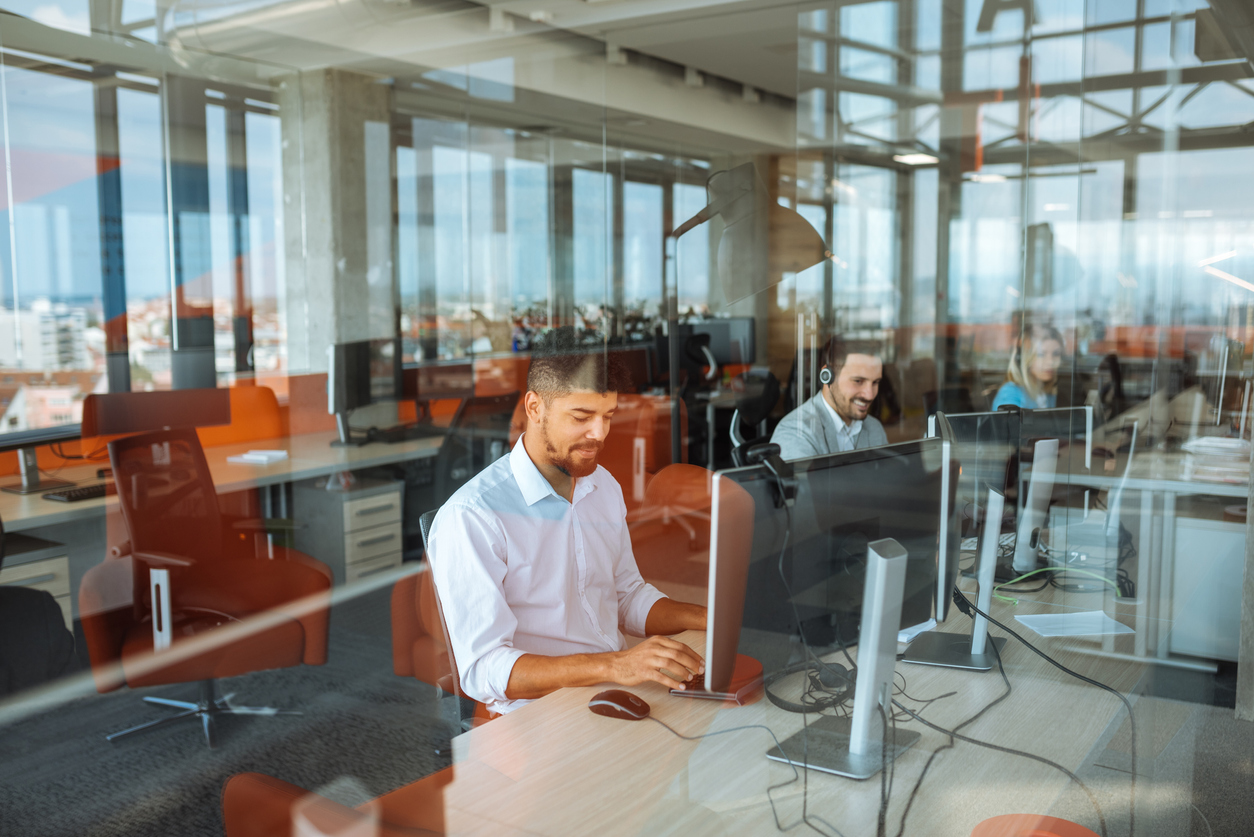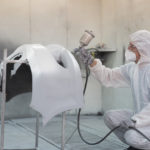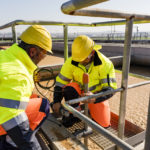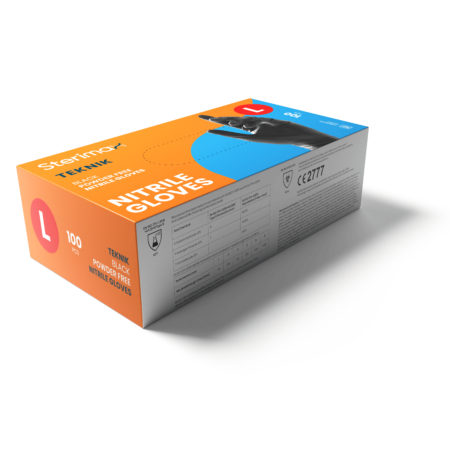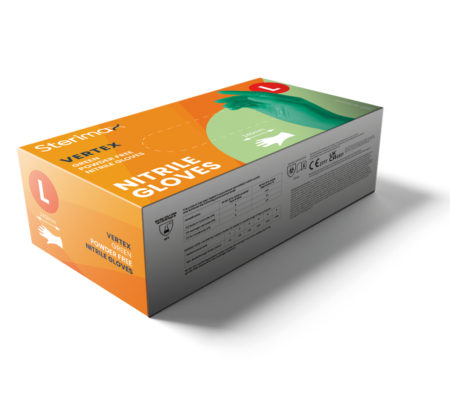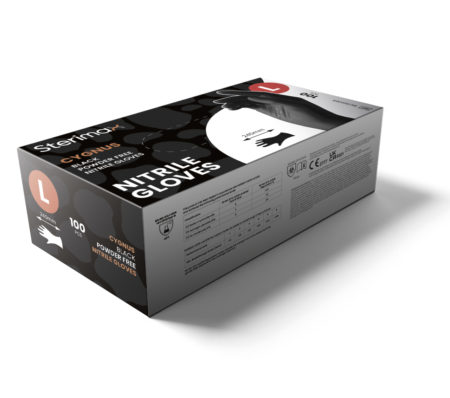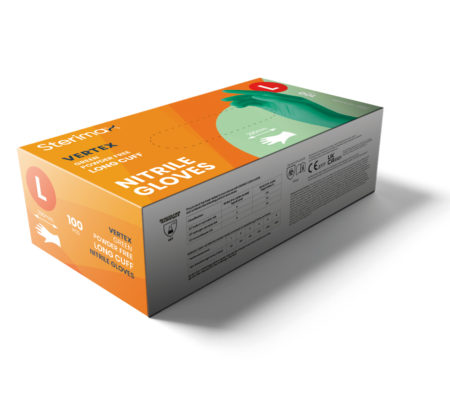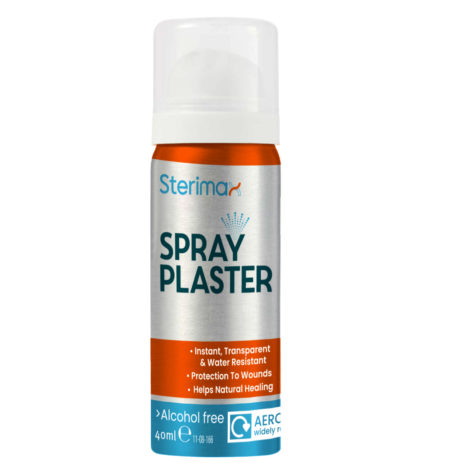Surface hygiene has been a major focus since the beginning of the coronavirus pandemic, with organisations right across the spectrum investing heavily in various methods of making sure the virus doesn’t spread via the surfaces we touch every day – things like doors, hand rails and keypads.
Everywhere we go, we’re asked to sanitise our hands with alcohol gels while cleaning operatives complete round after endless round of decontamination, wiping down anything in the public realm that is regularly touched or handled.
All this is necessary, of course. It’s been shown that SARS-Cov-2 can survive on surfaces for as long as three days in the right conditions, with the potential to cause ‘super spreading’ events whereby tens or even hundreds of people come into contact with an infected surface, and themselves become infected.
But even with the most stringent hygiene measures, it’s impossible to guarantee that a surface is Covid-free at all times. It’s simply impossible to clean a surface in the public realm every single time it’s touched, and currently there’s no disinfectant or other cleaning agent you can apply to a surface that will kill the virus for longer than it takes that substance to dry.
Image Source: https://www.pinterest.com/pin/849280442226066436/
However, there are ways to protect surfaces from coronavirus in between cleanings, and interestingly, ancient wisdom points the way. The Ancient Egyptians knew that copper was imbued with mystical healing powers – they used it to sterilize their drinking water, and to speed up wound healing.
Modern day microbiologists have long studied the natural, antimicrobial properties of copper and found that the ancients were onto something – this clever element can kill bacteria and viruses by denaturing their structures. Research has shown that while SARS-CoV-2 can survive on plastic or stainless steel for up to 3 days unless manually disinfected, it is eliminated on a copper alloy surface within four hours and in less than 30 minutes on a pure copper substrate. Copper is also proven to kill so-called hospital ‘superbugs’ including MRSA.
Of course, copper is a very malleable metal and isn’t suitable for the construction of things like hand rails and door furniture. Alloys of copper, such as brass, are very strong and offer some of the same antimicrobial protection, but are prohibitively expensive. So how can we harness the power of copper for good in the fight against coronavirus?
Copper films are one way we can bring the antimicrobial power of copper into everyday environments safely and cost-effectively. Available in adhesive and non-adhesive variations, these are transparent films infused with copper molecules that can be applied to almost any surface in order to provide additional protection against Covid-19 and other germs.
Since the films are clear, they’re ideal for applying to keypads, touchscreens, door furniture, handrails etc. and won’t impact on the functionality or aesthetics of these items. Applying copper film doesn’t negate the need for other hygiene measures, but rather provides additional peace of mind that surfaces are protected in between cleanings, reducing risk and helping to slow the spread of infection.
